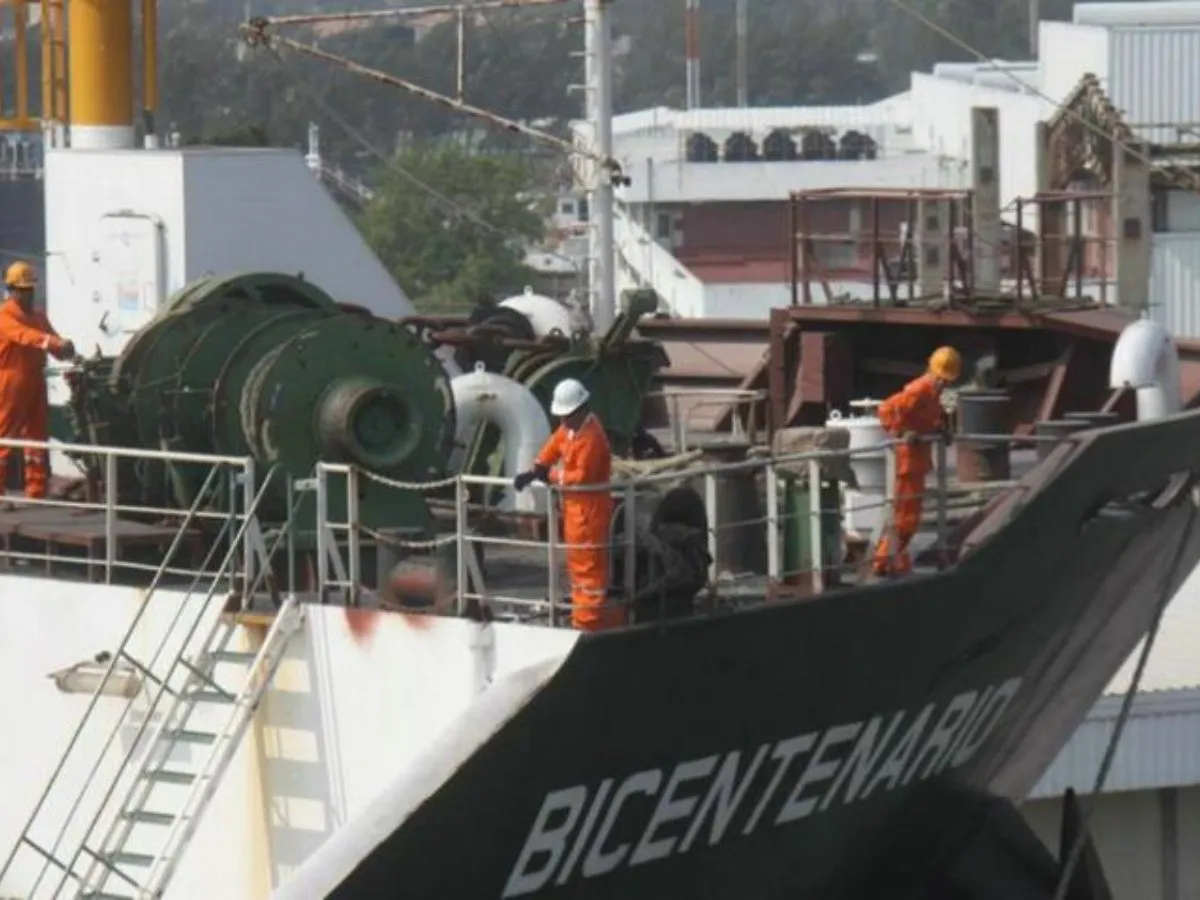Mexico Emerges as Key Fuel Supplier for Cuba Amidst Fuel Shortages
Mexico has become a major fuel supplier for Cuba, with the shipment of approximately two million barrels of crude oil over the past four months. The state-owned Petróleos Mexicanos (Pemex) has played a crucial role in this supply, using its tanker fleet to transport the oil to Cuba. The move comes as the Cuban government seeks to expand its import sources and reduce dependence on Venezuela, its traditional and largest fuel supplier. Venezuela has faced economic sanctions since 2019, which have severely impacted its production capacity.
According to monitoring of ships, Mexico overtook Russia as the main oil supplier for Cuba in the second quarter of this year. The Bicentenario oil tanker, owned by Pemex, has made four separate trips from Mexico to Cuba so far in 2023. Since April, Mexico has been providing Cuba with approximately 13,000 barrels per day (bpd) of Olmeca light crude, which is better suited for Cuba’s older refineries compared to Venezuelan oil.
Venezuela has also faced challenges in meeting its own fuel needs and export commitments in recent years. Shipments from Venezuela to Cuba have dropped to 55,000 bpd from nearly 80,000 bpd in 2020. While Mexico and Venezuela were consistent suppliers of crude under the San José Pact in the 1990s, Mexico had only sporadically sent cargoes to Cuba for humanitarian reasons until this year.
The Mexican and Cuban governments, as well as Pemex, have not provided official comments to verify these figures. However, the increase in oil imports from Mexico has been facilitated by the use of Cuban ships. Since July, the Cuban-flagged Vilma tanker has completed two trips from Mexico to Cuban refineries. The Delsa tanker, also Cuban-flagged, delivered Mexican crude to Cuba in June and then sailed to Venezuela to load oil.
Furthermore, in recent years, other Cuban ships have undergone repairs or inspections at a shipyard in Veracruz, Mexico, including the US-blacklisted Esperanza. The US State Department has acknowledged that Cuba purchases oil from both sanctioned and non-sanctioned countries.
Fuel shortages have been an ongoing issue in Cuba, particularly exacerbated this year during the summer season when temperatures have reached record highs. The Cuban government initiated a plan to repair its outdated power plants earlier this year to minimize disruptions during the summer. This, combined with the increased fuel supply from Mexico, has helped mitigate the frequency of power cuts to the population.
Additionally, Russia continues to be a significant fuel supplier to Cuba, with agreements between the two countries being strengthened since Cuban President Miguel Díaz-Canel’s visit to Russia in November last year. Russia supplied Cuba with approximately 12,000 bpd of oil, mostly crude, between February and July. However, refined products used in passenger cars, public transportation, and some power generators have been scarce since March, leading to rationing at gas stations and long queues for fuel.
As Cuba navigates the fuel crisis, the support from Mexico and Russia offers much-needed relief. However, addressing long-term fuel shortages and improving the country’s energy infrastructure remain key challenges for the Cuban government.
